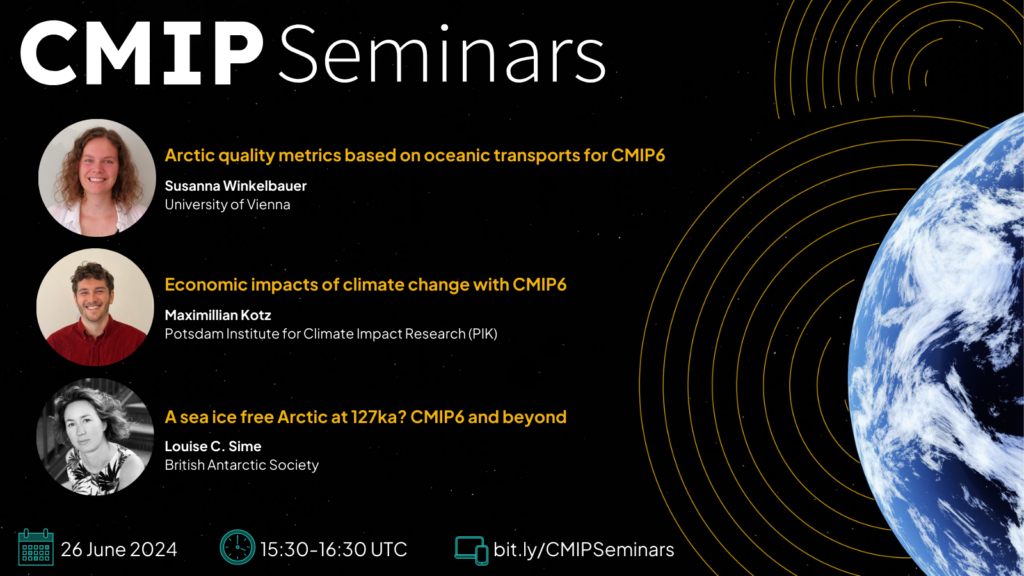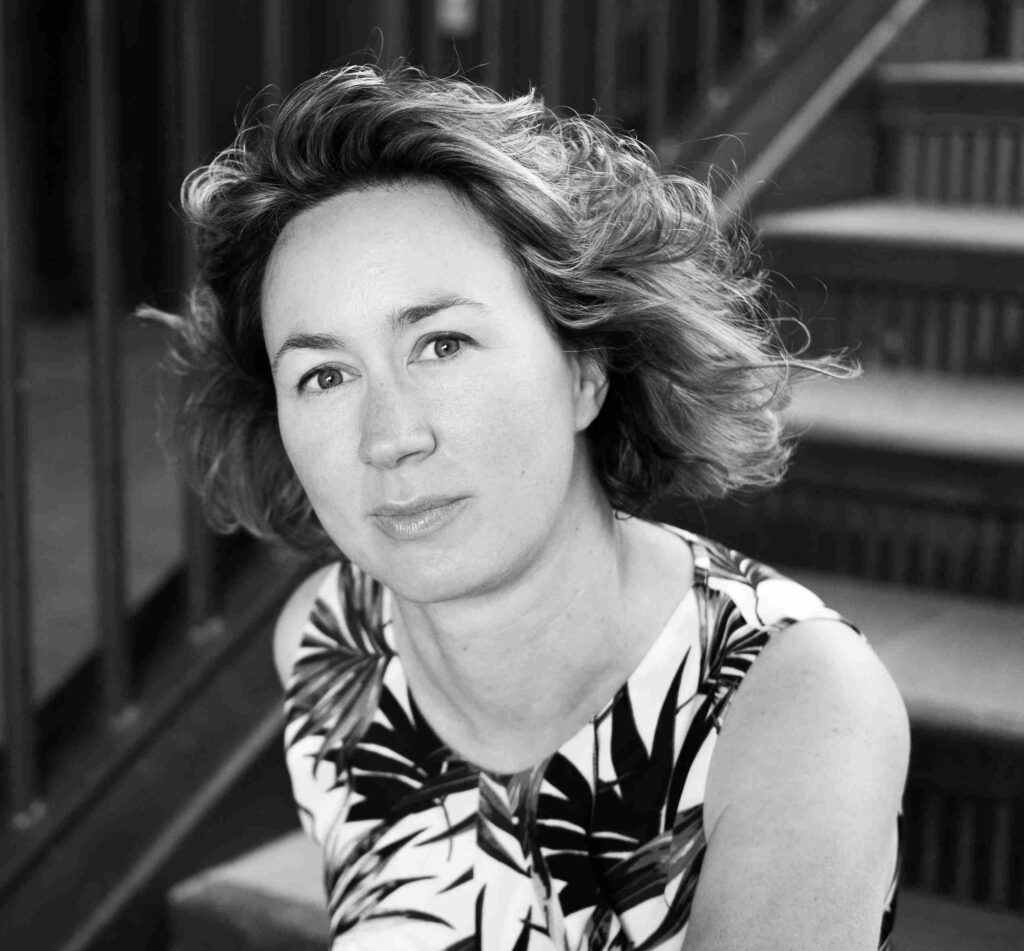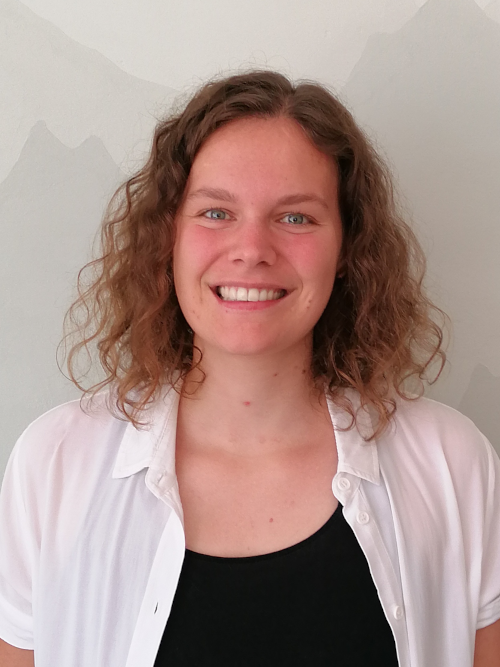
26 June, 2024 @ 15:30 – 16:30 UTC
Third session of the CMIP Seminar Series.

Registration
Click the button below to register. We’ll send out information on how to attend the seminars to this list a few hours before the event starts. Note that, if you registered for a previous event, you are already registered for all future events.
Speakers

Maximillian Kotz Post-doctoral researcher, Potsdam Institute for Climate Impact Research (PIK)
Title: Economic impacts of climate change with CMIP6
Abstract: Global projections of macroeconomic climate-change damages typically consider impacts from average annual and national temperatures over long time horizons. Here we use recent empirical findings from more than 1,600 regions worldwide over the past 40 years to project sub-national damages from temperature and precipitation, including daily variability and extremes. We use an empirical approach that provides a robust lower bound on the persistence of impacts on economic growth, and combine these empirical models with simulations from CMIP6. We find that the world economy is committed to an income reduction of 19% within the next 26 years independent of future emission choices (relative to a baseline without climate impacts, likely range of 11–29% accounting for physical climate and empirical uncertainty). These damages already outweigh the mitigation costs required to limit global warming to 2 °C by sixfold over this near-term time frame and thereafter diverge strongly dependent on emission choices. Committed damages arise predominantly through changes in average temperature, but accounting for further climatic components raises estimates by approximately 50% and leads to stronger regional heterogeneity. Committed losses are projected for all regions except those at very high latitudes, at which reductions in temperature variability bring benefits. The largest losses are committed at lower latitudes in regions with lower cumulative historical emissions and lower present-day income.
Unfortunately, Maximillian had to withdraw his presentation due to illness.

Louise Sime Lead Paleoclimate and BAS Earth System Modelling, British Antarctic Society
Title: A sea ice free Arctic at 127ka? CMIP6 and beyond
Abstract: The Arctic was around 4C warmer in summer during peak Last Interglacial (127k years ago), compared to the preindustrial (Sime et al. 2023). However this summer warming was not accurately captured by CMIP models until 2020, when a UK CMIP6 model accurately captured the summer warming (Guarino et al., 2020). The 4C warming was due to a complete summertime loss of Arctic sea ice. Subsequent observations confirm that the simulation of a sea ice free Arctic around 127k year ago is accurate (Vermassen et al. 2023). Here we discuss how the PMIP FastTrack abrupt127k experiment could help in evaluating whether newer CMIP models are capable of accurately simulating the 127k sea ice free Arctic, which occurred in response to stronger than present day springtime insolation, and help us in understanding crucial sea ice physics in the Arctic.
Co-authors: Christian Stepanek, Masa Kageyama and Chris Brierley. Additional authors: Rachel Diamond, David Schroeder, Rahul Sivankutty, and Vittoria Guarino
Interested in speaking at a future seminar? Let us know by clicking the button below.
Recording
Susanna Winkelbauer (University of Vienna): Arctic quality metrics based on oceanic transports for CMIP6
Louise Sime (British Antarctic Society): A sea ice free Arctic at 127ka? CMIP6 and beyond

